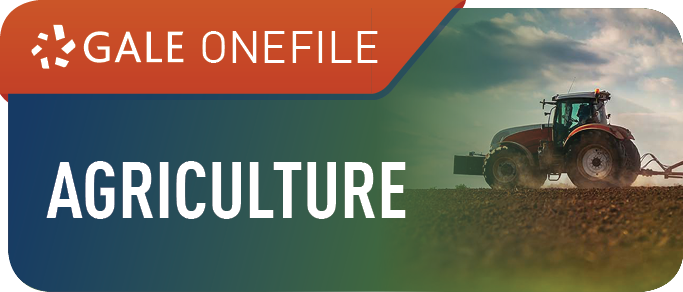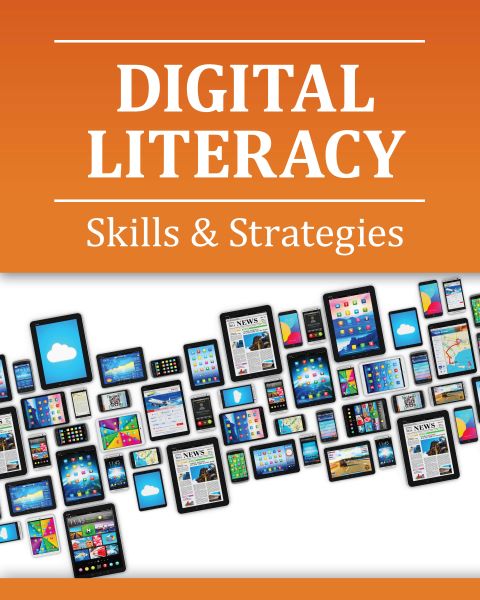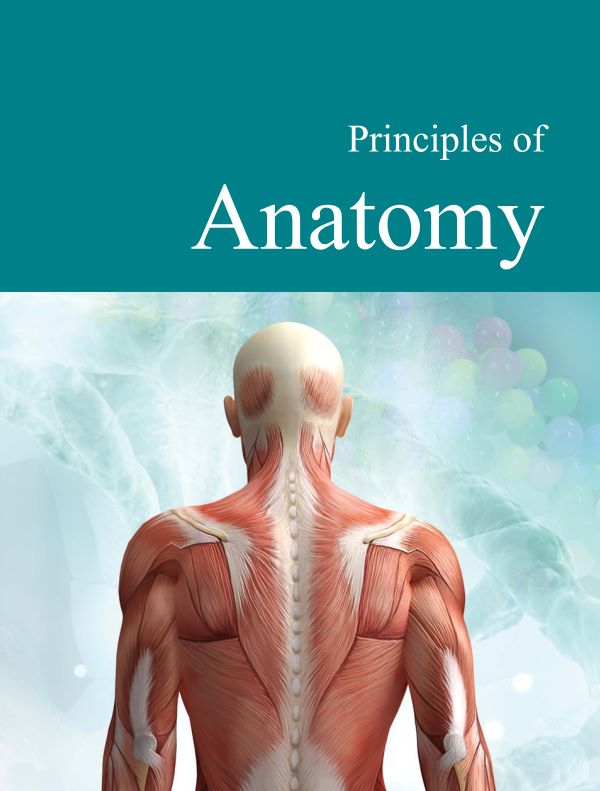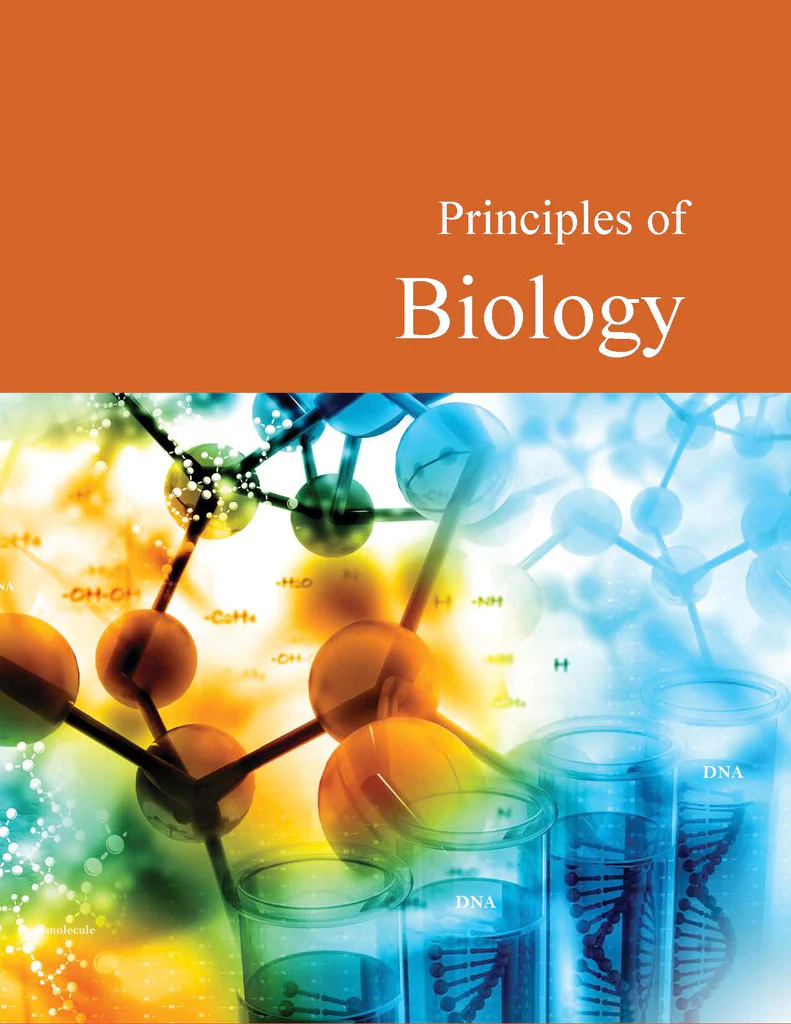Official Website of the Ipswich Public Library
Science & Technology
Agriculture provides access to journals covering agriculture and its related fields. Researchers can access current and authoritative periodical content that spans the industry—from practical aspects of farming to cutting-edge scientific research in horticulture
Access NowSalem Press is pleased to announce our Digital Literacy: Skills & Strategies volume, a carefully curated selection of essays aimed at increasing awareness and understanding of the changing digital landscape in education and in society at large. Digital technology is creating a progressively borderless world, one in which ideas and information can be shared in a decentralized manner. Along with this democratization, however, has come misinformation (unwitting or deliberate), data privacy issues, and all manner of cybercrime. Digital literacy—broadly defined as understanding and being able to use digital devices and technologies such as internet platforms and social media—has become an essential component to living, working, and taking part in education in modern society. Critical thinking skills and science and data literacy are paramount to maneuvering the digital information environment with confidence.
Library Card Needed
Designed to help promote digital literacy. If you are new to computers, haven’t used them for a while, are a little unsure and uncomfortable, or just need a bit of a refresher, this resource has the tools to help you tackle technology at your own pace and gain the confidence you need to succeed.
Access NowBiographical essays discuss individuals who have had significant impact on the study of climate change.
Library Card Needed
This new resource introduces students and researchers to the fundamentals of anatomy using easy-to-understand language that provides both a solid background and a deeper understanding and appreciation of this important and evolving subject. The book contains 172 entries which are arranged alphabetically, from “Abdomen” to “Wounds,” making it easy to find the topic of interest.
Library Card Needed
This new resource introduces students and researchers to the fundamentals of astronomy using easy-to-understand language, giving readers a solid start and deeper understanding and appreciation of this complex subject. The 140 entries range from Ablation to Quarks to XMM-Newton, and are arranged A to Z, making it easy to find the topic of interest.
Library Card Needed
Following the Editor’s Introduction, Principles of Behavioral Science includes 171 entries. Each starts with a brief definition that summarizes the topic, and subject entries include a bulleted list of key concepts. Many entries include photographs and diagrams, and all entries end with a helpful bibliography. The introduction begins with discussion of the earliest mention of depression and thought disorders, in 1550 BCE in the Eber’s Papyrus, and touches on other pre-modern-era explorations of mind, mental health, and behavior before delineating how scientific investigation changed the study of psychology. Following the entries, Principles of Behavioral Science ends with helpful appendices: Bibliography; Glossary; Organizations; and Subject Index.
Library Card Needed
This new resource introduces students and researchers to the fundamentals of physical science using easy-to-understand language, giving readers a solid start and deeper understanding and appreciation of this complex subject. The 112 entries range from Activation Energy to Zoology and are arranged in an A to Z order, making it easy to find the topic of interest.
Library Card Needed
This resource introduces students and researchers to the fundamentals of botany using easy-to-understand language that provides both a solid background and a deeper understanding and appreciation of this important and evolving subject. The book contains 145 entries which are arranged alphabetically, from “Adaptive Radiation” to “Wood,” making it easy to find the topic of interest.
Library Card Needed
Join Our Mailing List
Don’t miss a trick! Sign up to receive the latest news about upcoming events and new services!
Join Now
We will never share your address with outside organizations and you can unsubscribe at any time.
Didn’t find what you are looking for?
Copyright © 2025 · Ipswich Public Library
Site Developed by Renaissance Web Solutions
Site Developed by Renaissance Web Solutions































